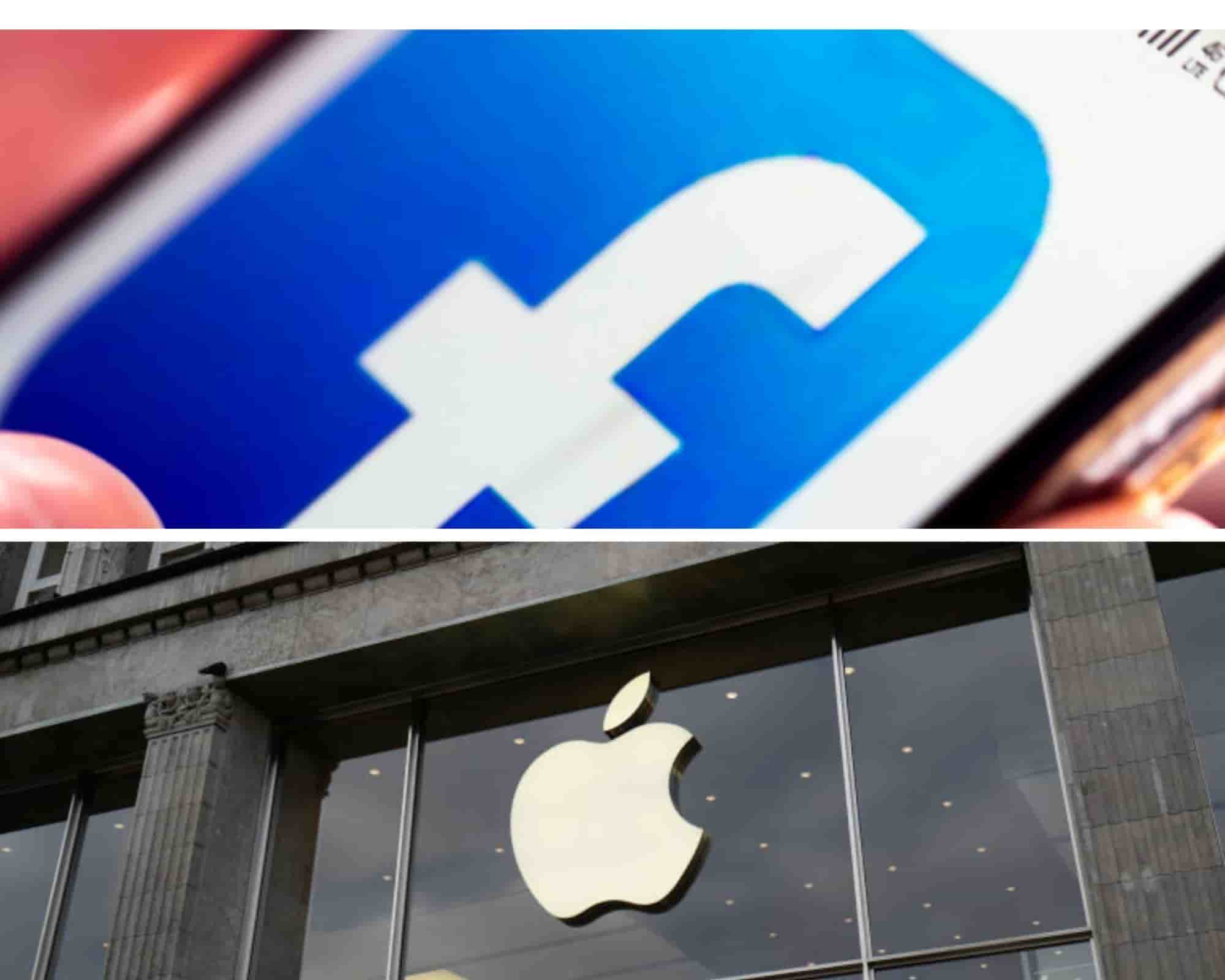With arguments for and against collecting user data heating up, Apple and Facebook are battling it out to decide the future of digital privacy of netizens
Two of the biggest names in the tech world, Apple and Facebook, have been at loggerhead for some time now. It all started when Apple chose to introduce new privacy features in its new iteration of the IOS for iPhones, IOS 14.
With the new IOS Apple chose to implement a new privacy policy that gave users greater control over how much data apps and websites can collect while being used on its devices. Some of the new features included giving users the ability to limit the tracking abilities of websites and apps via cookies, location services and access to locally stored data.
Now, the new policy, while being a benefit for the aware users, has become a cause of concern for companies that rely on user data for their revenue. One of such behemoths that has so far been criticised, investigated and at times faced legal actions is standing up to the trillion-dollar company to protect its interests.
On its part, in the ongoing battle between the two tech giants, Facebook is using the plank of helping small businesses and developers who rely on it for advertising as the ones who stand to lose the most. Facebook says that without access to the data of billions of Apple users and restrictions on the amount of data that can be collected, the possibility of ensuring better targeting of advertisements on the social media site will be lost, which in turn will affect the ability of small businesses to reach their target audience.
Facebook has also accused Apple of using its influence and control on the App store to implement changes that will give Apple an advantage over small developers and other entities that rely on user data for their revenue models.
Apple on its part is planning on introducing even more reforms in the coming months of 2021 that will make tracking users across websites and apps even more difficult on its devices. The introduction of a new privacy policy feature requiring developers to ask for explicit permission to track iOS device users across apps and websites using IDFS (identification for Advertisers) code which was slated to be released with the launch of the iOS 14 but was delayed to allow developers to have more time to comply with the new guidelines.
Keeping in tune with the new stringent privacy policy, the company has also announced that native apps on Apple devices will also adhere to these policies, ensuring a level competitive ground for all apps.
However, as of now there seems no end to the tussle between the two tech firms, and with Facebook issuing statements against the Apple’s new policies in public via blogposts and adverts, the problems between them just seem to have started.
Despite the tussle, as more and more users are looking for guarantees and transparency in how tech companies gather and utilise user data, the trillion dollar question remains: Are the new policies just another way for Apple to exert greater end-to-end control over the user experience or is Facebook correct in standing up to the company’s new privacy policies.





